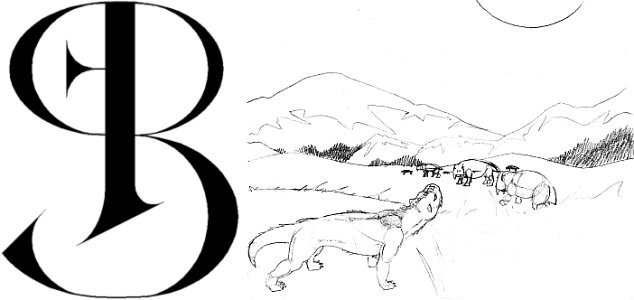According to the Electronic Frontier Foundation, eBay seller Troy Augusto is being sued by Universal Music Group (UMG) for reselling promotional CDs which the music company gave away to create advertising "buzz". The CDs are labeled "Promotional Use Only, Not for Resale", but according to the "first sale" doctrine in copyright law, once a copyright holder sells or gives away a CD, the recipient can resell it without further permission.
At first the lawsuit seems to be a basic copyright question that could be applied to offline stores or even books. But second-hand music stores have resold promotional CDs for years without being sued. Troy Augusto was targeted because he set up his shop online. When the recording industry goes after it's own customers we are sometimes shocked into focusing on the drama and miss the ethical issues, but in this case the target is a business following widely-accepted business practice. Reselling of music copies - promotional or otherwise - does not directly profit recording companies so this case reminds us that copyright policies should also protect stakeholders other than authors and publishers.
But this case introduces a much broader issue of technology ethics: to what degree can entities that generate culture also generate law? Are shrink-wrap and click-through "end-user license agreements" (EULAs) on software and services legally binding contracts? Does writing "not for resale" on a CD change a gift into a loan? The current trend is for judges and lawmakers to support industry practices, but if courts enforce any rules publishers invent, then the publishers are writing the law and the courts are simply instruments of enforcement. Recently deployed "Digital Rights Management" (DRM) technologies go a step further and actually enforce these "laws" in ways that a typical user will not know how to circumvent, even if they have a legal right to do so. The example of the "not for resale" sticker on a few free CDs may seem trivial, but the potential to embed "rights management" rules into physical goods, electronic transactions and documents, and project them everywhere in both the physical and digital worlds raises serious questions about how power should be shared in society.
There are alternatives to a culture dominated by control-obsessed organizations which write draconian laws in their own interests. Governments could agree to a more limited (and arguably more traditional) interpretation of copyright, trademark and patent law instead of the fuzzy and ever expanding extensions to these laws now called "intellectual property". The original US copyright law, intended to encourage publication in the public interest, limited copyright to 14 years plus one optional 14 year renewal. Patent law, intended to encourage the development of new industrial applications of technology, could be interpreted to require both a more substantial physical component and more originality than patents which are primarily about software algorithms, business practices, or genes found in nature. Trademarks protect the consumer from deceptive labeling, so they should and do operate differently from copyright or patents.
Instead of lobbying for changes in international law which may take a very long time, businesses might adopt commons-based production models such as open-source software, perhaps using the power to create their own laws to establish a "free trade area" where culture can be produced and traded without excessive barriers. In the virtual economy of Second Life, for example, users are allowed to sell content which cannot be copied or which cannot be resold, but not content which can be neither copied nor resold. Such cultural commons initiated by businesses and grassroots movements are growing, but governments may be more naturally inclined to respond to the interests of the "squeaky wheels": entrenched interests clamoring for more aggressive protection of their self-written laws. A two-pronged approach may be necessary: developing open markets with flexibility and rules that protect all stakeholders while steering traditional legal systems in a direction that protects this type of innovation.

1 comment:
While there may be excellent extrapolations on this, both from right wing and left wing law schools, I'm more anxious to see the reactions of general society.
People may just abandon whole domains of activity due to the harassment that comes with the territory, or become like the Russians and consider "following the rules" to be utterly stupid and stealing DRM material all in an honest persons day.
On just music itself, I've got something that out Napster's the old Napster. I search youtube and find
every song I could imagine, and listen to it right then for free. I don't even clutter my hard drive with files. I have a 60GB iPod that is worthless to me, because "searching" on youtube is easier than playing what I already own on this specialty device.
Say it again with emphasis:
I *own* 40 days of continuous music on a beautiful device I *own*, and it is less functional for enjoying music than Youtube.
Paradigm shifted. Done, now forget the mafia bastards, they are fat guys in Jersey and we are all
living on the California beach for free.
Post a Comment